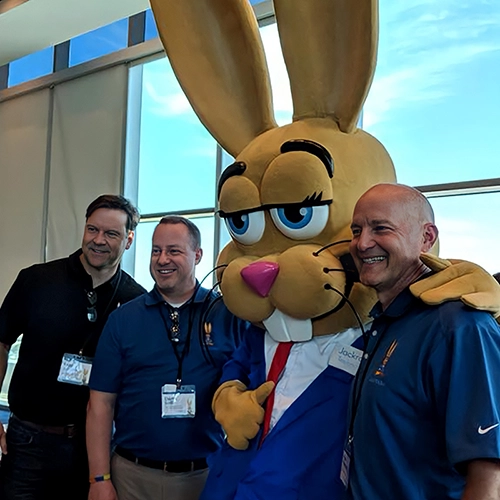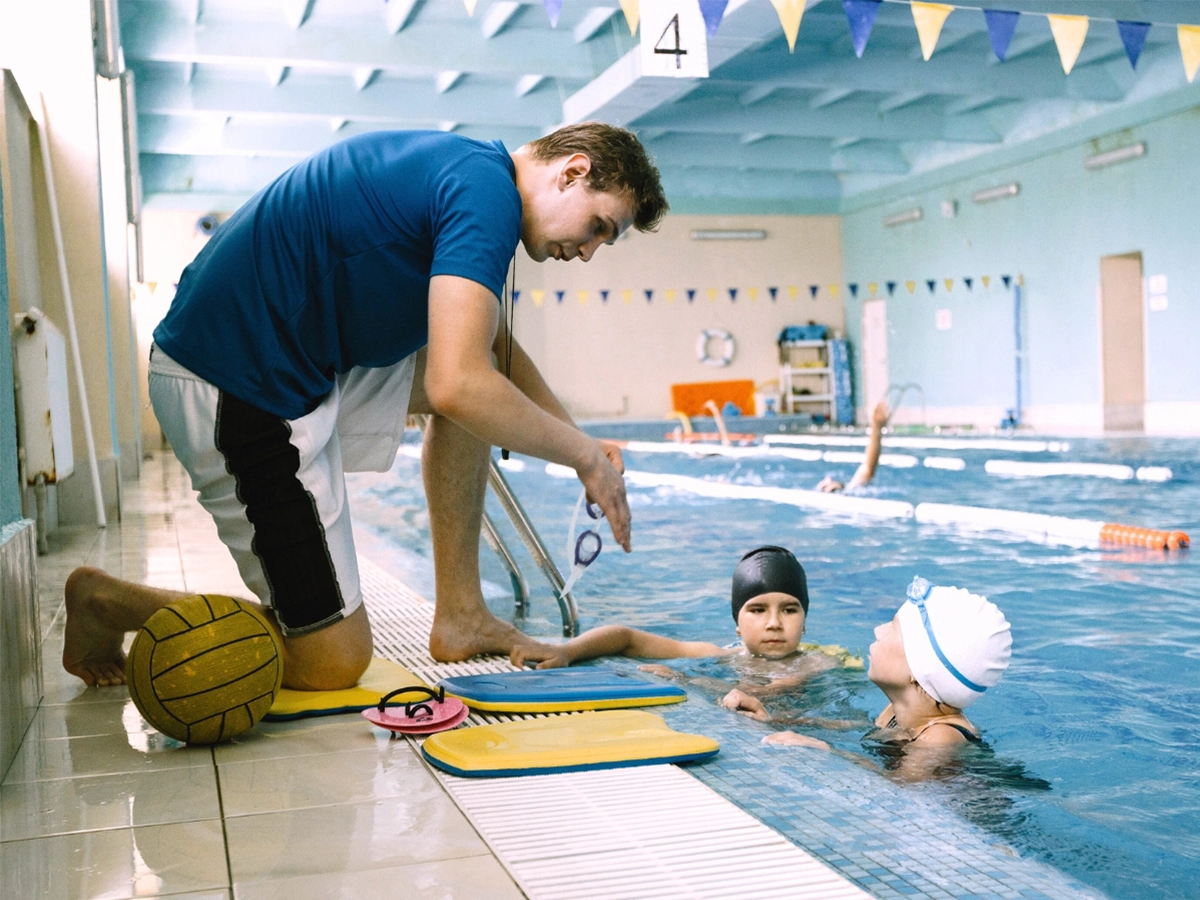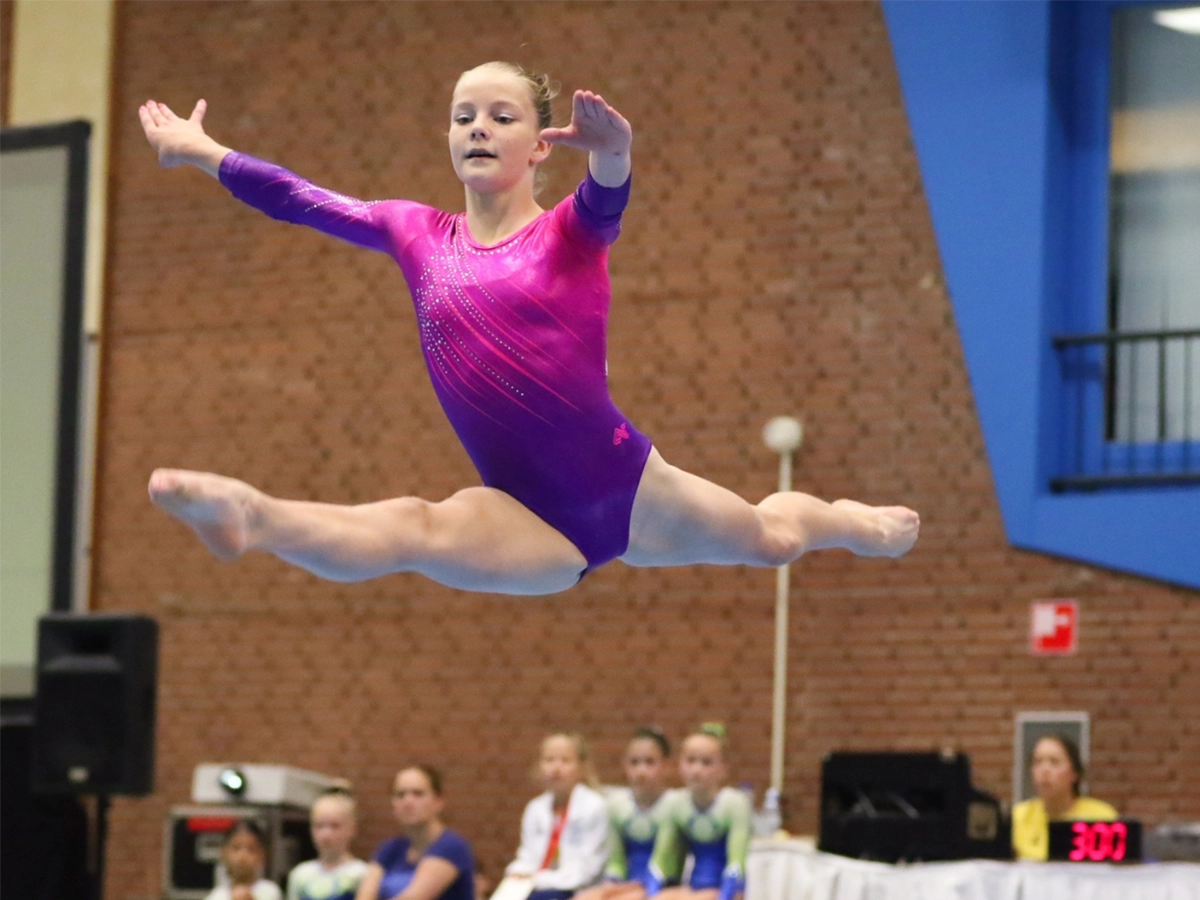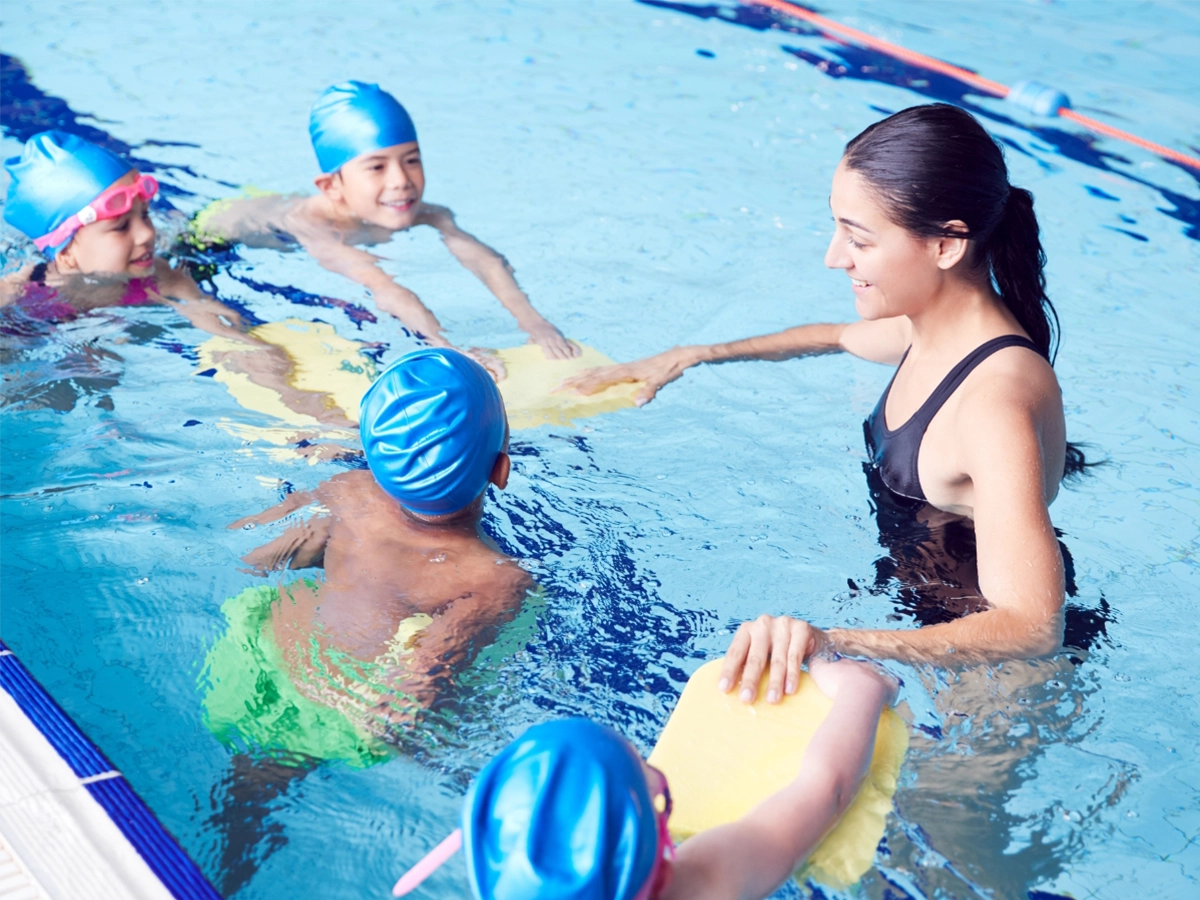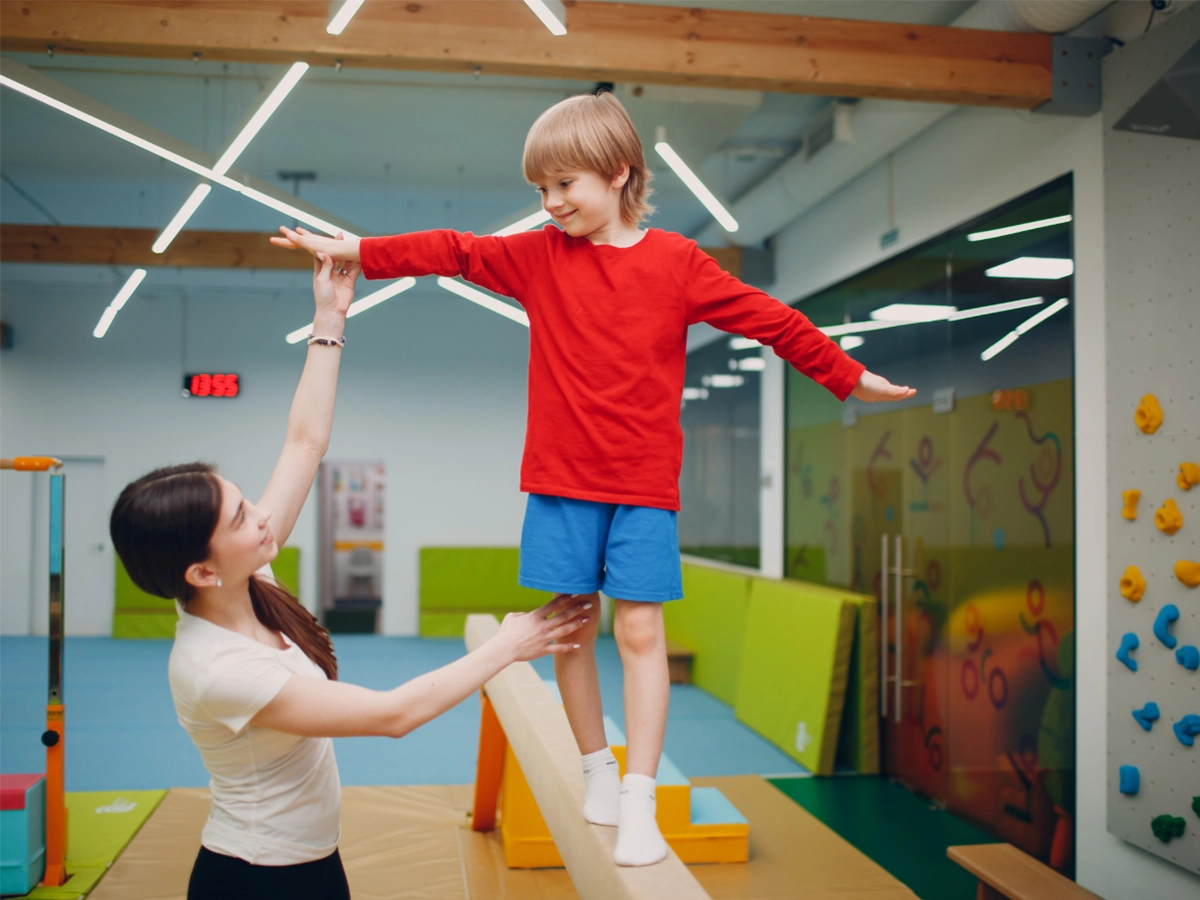What happens when some students do well and leave their friends behind as they move to more advanced classes?
Some “friends” may exhibit poor sportsmanship toward those who are doing well, such as:
- Ignoring former classmates
- Telling former classmates that they think they are better than the others
- Not congratulating them on doing well
It really comes down to
being what my mom used to call “rude and ugly.”
Even though some of the kids are doing well and should be thrilled – they are devastated and don’t even want to go to classes as much. So some of the most talented kids can actually get totally discouraged about gymnastics because others are being poor sports.
Competition is fine, but being a poor sport is not.
Superior performance is what is recognized in competitive sports, just as superior achievement, performance and accomplishment is often recognized in our jobs. This is a life lesson that can be learned in sports – handling competition, winning – and losing and understanding and exhibiting good sportsmanship.
When your child is the poor sport…
Competiveness is normal and completely acceptable. When performances don’t go as desired or expected, disappointment can set in and the athletes will naturally feel upset and emotional. What isn’t acceptable is for an athlete to push their emotions onto others by being rude, disrespectful or unkind. When this happens, it’s time for a private discussion about their feelings. Asking questions sometimes helps:
How do they feel about their performance?
Do they know what went wrong?
How can they improve for next time?
What can they learn from this experience?
Does treating others badly make them feel better?
How would they feel if they were treated in the same way they are treating others?
Apologies may be in order if hurt feelings are involved – in a verbal, written or even electronic way – can go a long way in helping the victim feel better about the situation and the offender understand what went wrong.
When your child meets up with a poor sport….
Poor sportsmanship is a painful scenario to watch – especially when it is stemming from jealousy or is intended to be demeaning. Instincts put us on the defensive and encourage us to be equally hurtful. Nut this is unacceptable.
This is another time when a conversation should take place about what happened and to uncover how they feel about it, and why they believe they’ve been on the receiving end of unsportsmanlike conduct. Kids can learn from this experience – to be the bigger person, resist the temptation to respond negatively. They can see that it feels better to turn the experience into a positive. It may also be appropriate to speak to the offender about the way they have behaved.
Providing extra support, understanding and friendship will not only make your child feel better but will also help with team building.
The most important things for kids to learn from sports are:
- Developing a strong work ethic
- Feeling of personal accomplishment from working hard (whether they win or not)
- Learning to respect their coaches and teammates.
These help establish a foundation for good sportsmanship.
